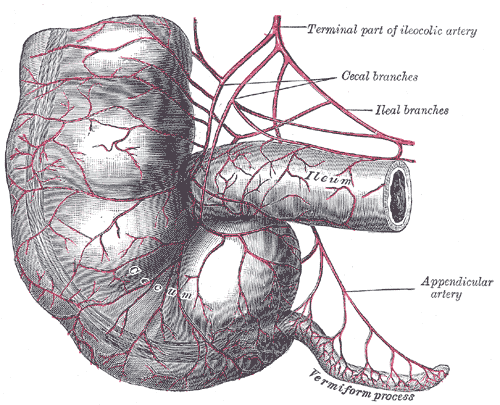
This is a rather smelly organ. I managed to puncture one today while practicing necropsies on mice and it oozed out of the too-deep cut I'd made into the peritoneum, sloshed down the side of the mouse and pooled in the Petri dish beneath. I've observed dissections of pathogen infected mice, and it seems that Vibrio cholerae kind of turns it into a watery, even fouler-smelling mush.
Enjoy your dinner.





